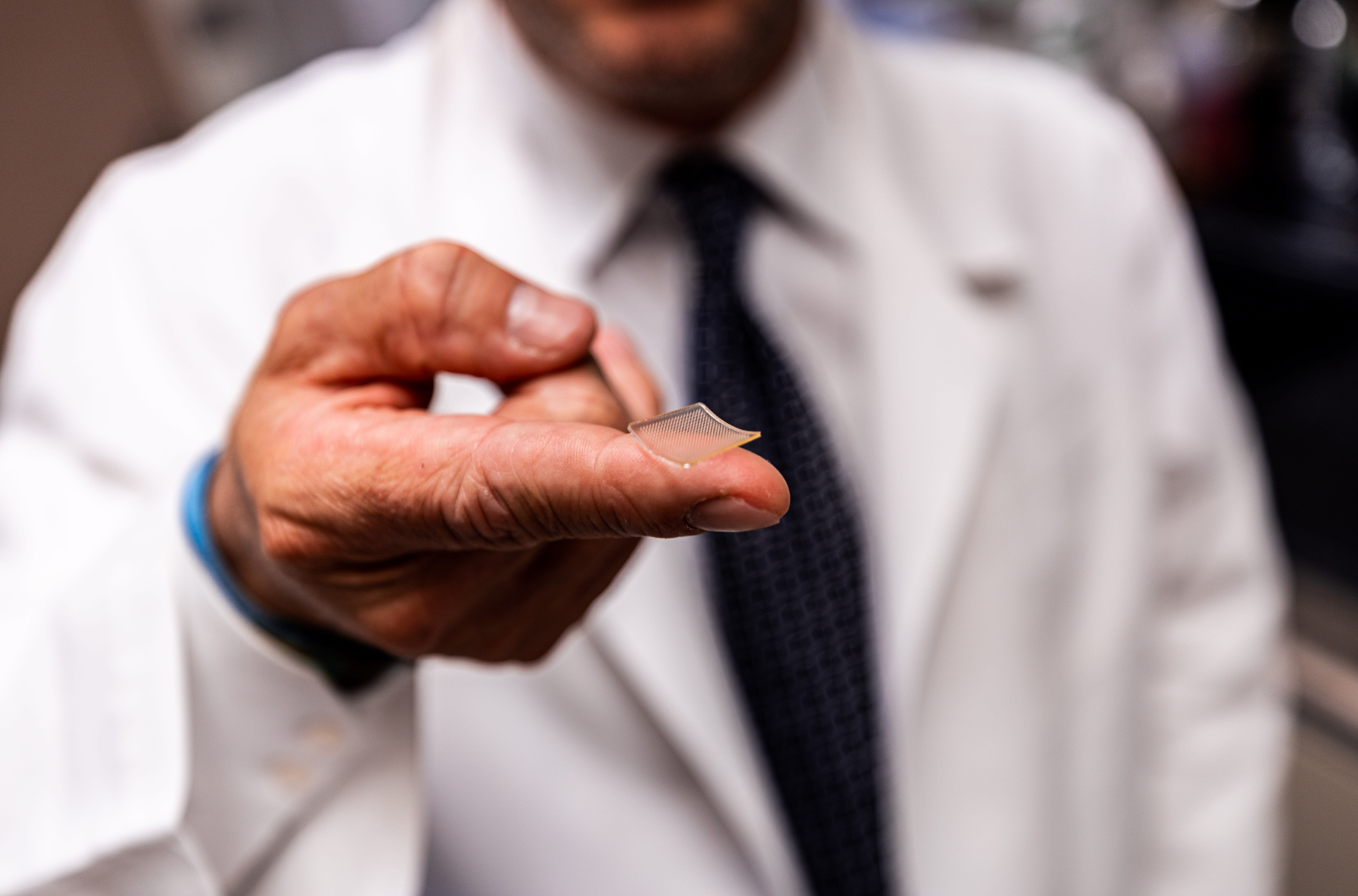
Scientists at the University of Pittsburgh School of Medicine announced Thursday they had developed a potential vaccine against SARS-CoV-2, i.e. the novel coronavirus behind the current COVID-19 breakout.
Per a press release shared by the research team, the vaccine produced antibodies "specific to SARS-CoV-2 at quantities thought to be sufficient for neutralizing the virus" when tested in mice using a fingertip-sized patch.
"We had previous experience on SARS-CoV in 2003 and MERS-CoV in 2014," said co-senior author Andrea Gambotto, M.D., associate professor of surgery at the Pitt School of Medicine. "These two viruses, which are closely related to SARS-CoV-2, teach us that a particular protein, called a spike protein, is important for inducing immunity against the virus. We knew exactly where to fight this new virus. That's why it's important to fund vaccine research. You never know where the next pandemic will come from."
The authors are calling the potential vaccine PittCoVacc, which is short for Pittsburgh Coronavirus Vaccine, and detailed the flu shots-esque process in a paper published Thursday in The Lancet's journal EBioMedicine. The next step, authors added, is applying for investigational new drug approval from the FDA so they can move forward with Phase I human clinical trials in the coming months.

Pittsburgh was previously in headlines amid the daily swarm of COVID-19 updates regarding the university's Center for Vaccine Research (CVR) having taken a portion of the virus and attaching it to a genetically modified measles vaccine. In comments given to local press at the time, researchers noted the confusion that arises among the general public regarding the major differences between bacteria and viruses.
"People often think antibiotics will work on viruses, and they don't," CVR director Dr. Paul Duprex said last month.

